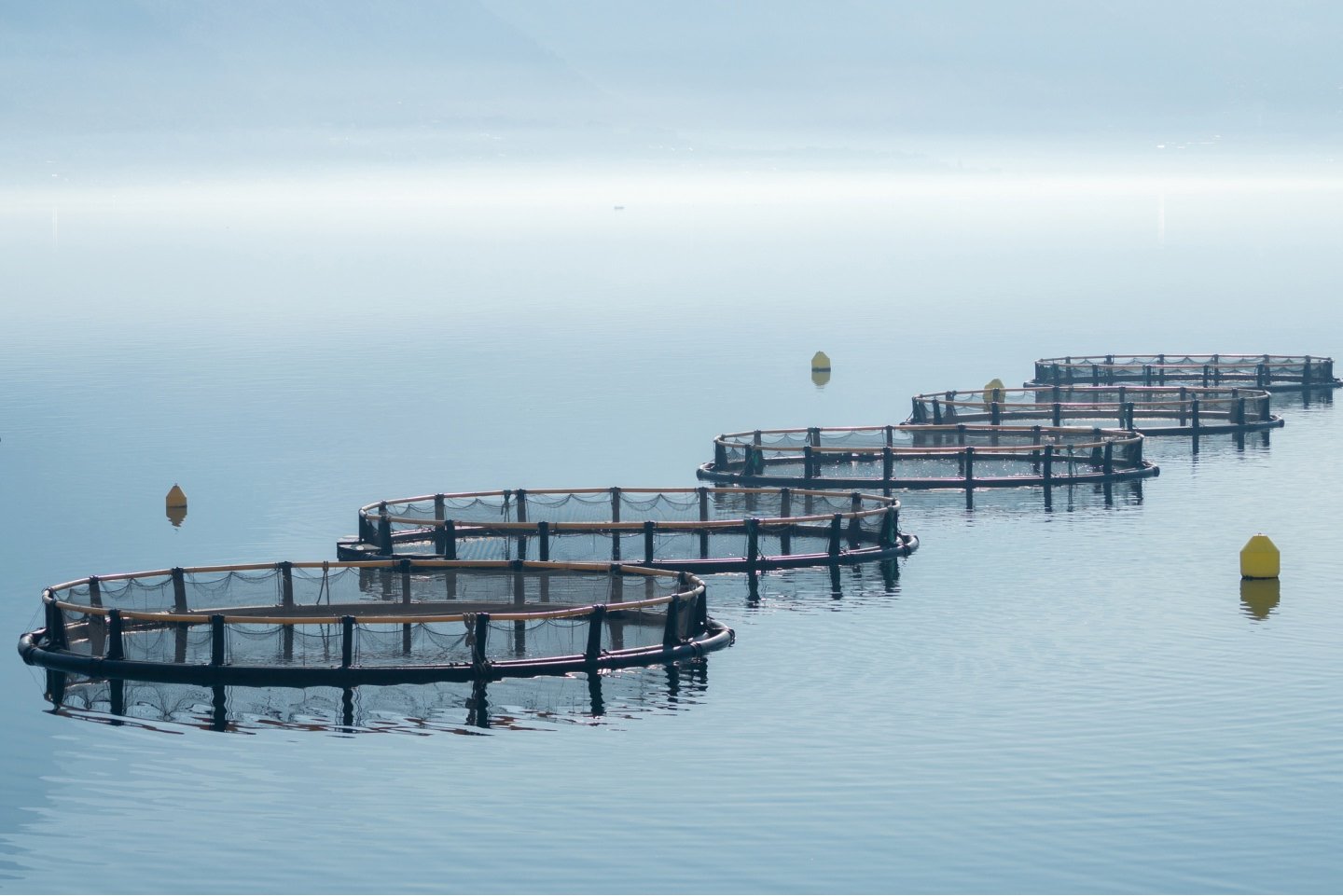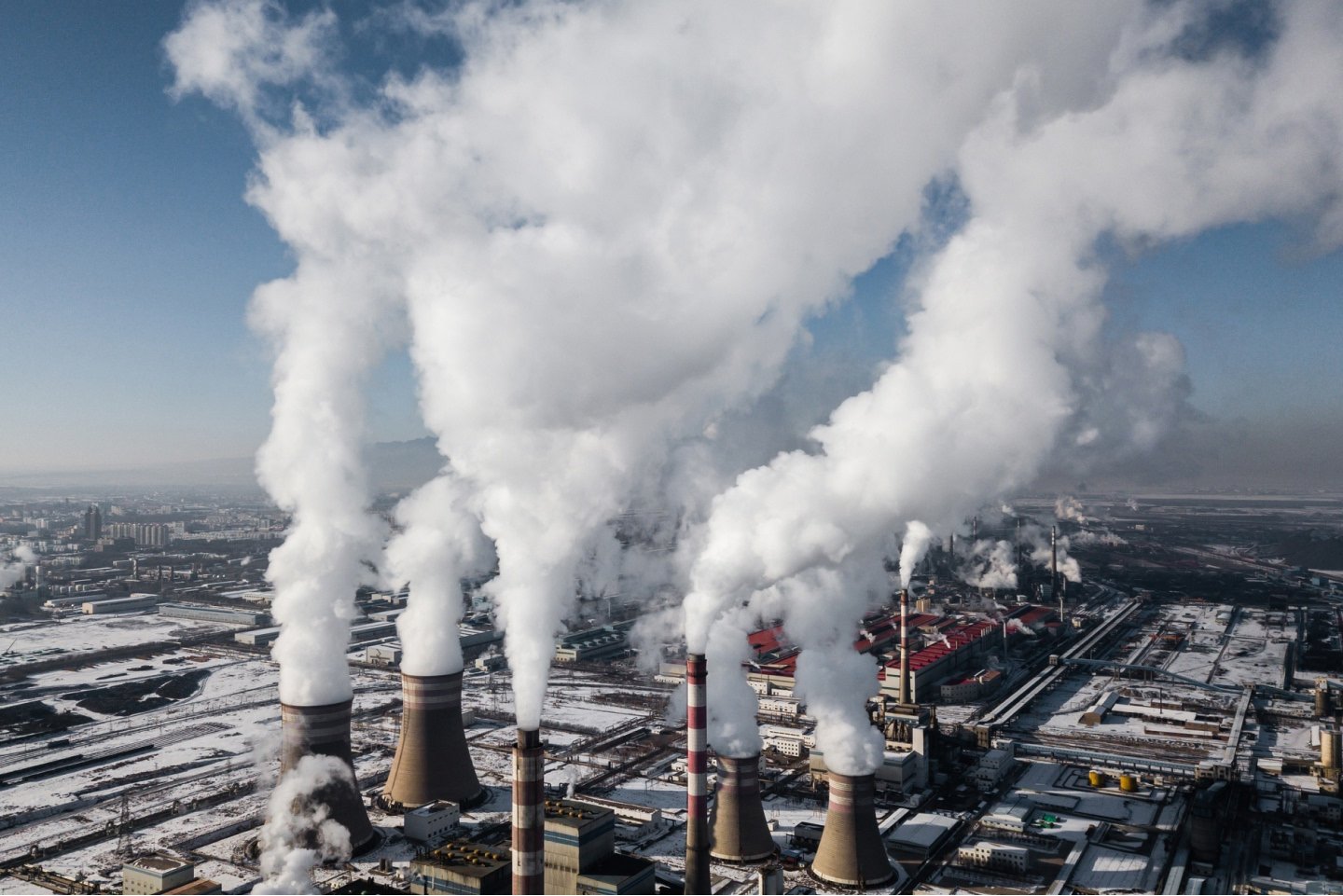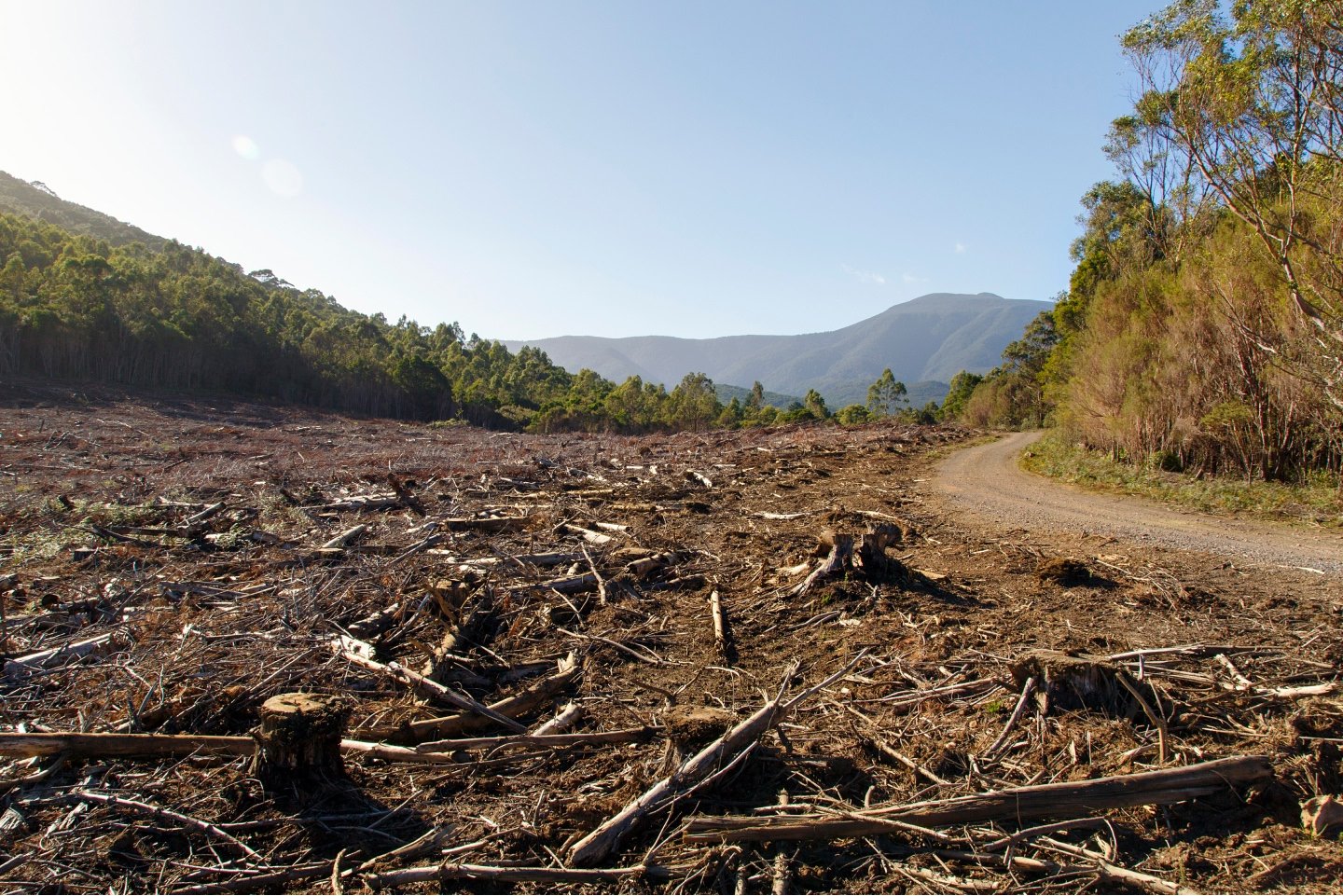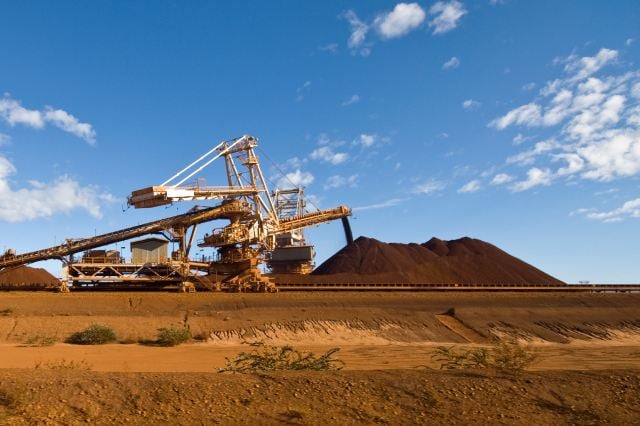Why we're taking on Woolies and Westpac
In short
- Together we’re pushing Woolworths and Westpac to be better.
- Woolworths still has unsustainable supply chain practices including deforestation-linked beef, stalled progress on caged eggs, and salmon sourcing from fragile ecosystems in Macquarie Harbour. Westpac hasn’t clearly ruled out financing companies that could be obstructing the transition to a low-carbon future.
Why it's important
We grow our investors’ capital by investing in companies with a proven track record of strong, sustainable long-term performance and we believe this requires companies to act responsibly, be sustainable, have effective governance and ultimately be good businesses.
It’s why we call it out when we believe companies can do better.
What's happening with Woolworths?
Woolworths is Australia’s biggest supermarket by market value, and the way it sources products affects forests, animals and our oceans.
We raised concerns with Woolworths about these three main areas:
- Beef and deforestation: Woolworths has committed to stop supplying products resulting in new deforestation, but beef – one of the biggest drivers1 – isn't being monitored transparently.
- Cage-free eggs: Their commitment to phase out caged-free eggs has stalled.
- Seafood sourcing: They continue to source salmon from Macquarie Harbour where endangered species are under pressure from fisheries.
For a company built on trust and reputation, stronger action on supply chains isn’t just ethical – its good business. We leverage our position as shareholders to actively influence corporate decision-making.

Woolworths continues to source salmon from Macquarie Harbour where endangered species are under pressure from fisheries.
At Woolworths we:
- Spoke up at the AGM in late October: We asked the Board and CEO specific questions on beef-linked deforestation, stalled progress on cage-free eggs, and salmon sourced from high impact fisheries in Macquarie Harbour2
- Raised leadership and governance concerns in the media: We publicly connected supply chain sustainability issues to brand, trust and financial performance3
- Supported shareholder resolutions aligned to stronger sustainability and transparency expectations4
What you can do
You have influence too. Companies pay close attention to what customers buy and what they ask for. Every time you make a choice, you send a signal. And supermarkets will respond if enough people are making the same choice.
Here are some ways you or your communities can take action today when shopping at Woolworths (or any other supermarket):
- Consider adding less impactful plant-based alternatives to your shopping list.
- If purchasing animal products, choose the higher welfare option (like free range) and look for deforestation-free and products with credible certifications like the ACS (Aquaculture Stewardship Council) label.
- It also helps if supermarkets hear from customers about their sustainability concerns.
Join an award-winning# super for people who want to do well by doing good.

Westpac has climate lending policies that allow for continued financing to companies engaging in expansionary fossil fuel projects.
What's happening with the big banks?
Where banks choose to lend money influences which companies grow – and what kind of futures get built.
Right now, Westpac:
- Has walked back its commitment to no deforestation in its latest sustainability report5
- Has climate lending policies that allow for continued financing to companies that are engaging in expansionary fossil fuel projects
NAB is doing a better job:
- NAB has made clear it expects fossil fuel companies to cap or reduce hydrocarbon output as part of its lending requirements outlined in its latest sustainability report6
- It is taking strong action to address illegal deforestation in its agriculture lending portfolio, but has yet to indicate its position on legal deforestation (which is important given large loopholes in Australian environmental laws)
What about Commonwealth Bank & ANZ?
- We only invest in large banks with institutional lending aligned to the Paris Agreement – on that basis we currently exclude ANZ from our portfolios.
- In 2024 we added Commonwealth Bank to our investible universe – the first time in 15 years. This reflects our view that Australia’s largest bank by market capitalisation is taking a leadership role in its climate policies and lending practices.
- While there is still work to do guiding banks on their lending policies, the three banks we invest in are among the world leaders based on the policies they have put in place to restrict lending to expansionary fossil fuel projects.7
- We plan to confront Westpac at its upcoming AGM based on the lending policies outlined in its latest sustainability report.

Westpac walked away from its commitment to no deforestation by 31 December 2025 in its latest sustainability report.
What we're doing with the banks
- We co-filed shareholder resolutions calling for Westpac to disclose whether lending aligns with its climate commitments
- We’re pressing NAB to address legal and illegal deforestation in its agriculture loan book
When banks fund businesses that rely on deforestation or fossil fuel expansion, they take on higher financial risk – both directly, and from the systemic risk that climate instability and ecosystem collapse creates.
Shareholders take on these risks as well. Sustainable lending practices protect the bank, its long-term investors, and the economy.
We don’t invest quietly. We put these issues on the record, in the room where the company’s leaders and other investors can hear.
What you and your community can do
- If you hold shares directly in NAB or Westpac, use your voice and consider voting in support of our resolutions at the forthcoming AGMs
- If you bank with them, (and even if you don’t) ask them: “Do you lend to companies that are obstructing the climate transition?”
The most powerful thing you can do is:
Make sure you’re invested with a company that uses their share ownership and position to push for better decisions.
We don’t invest quietly. We put these issues on the record, in the room where the company’s leaders and other investors can hear.
1 The number one reason for forest clearing in Australia is for new livestock pasture deforestation_fronts_factsheet___eastern_australia.pdf
2 Australian Ethical received responses from Woolworths to a series of questions relating to changes to its no deforestation commitment, seafood sourcing, cage-free egg commitments, and use of monkey labour. While we appreciated the additional context, the responses did not change our concerns relating to these areas, which resulted in us asking these questions again in the public forum at the AGM.
4 https://www.woolworthsgroup.com.au/content/dam/wwg/investors/agm/2025/2975083.pdf
5 2025 Sustainability Report - P31



